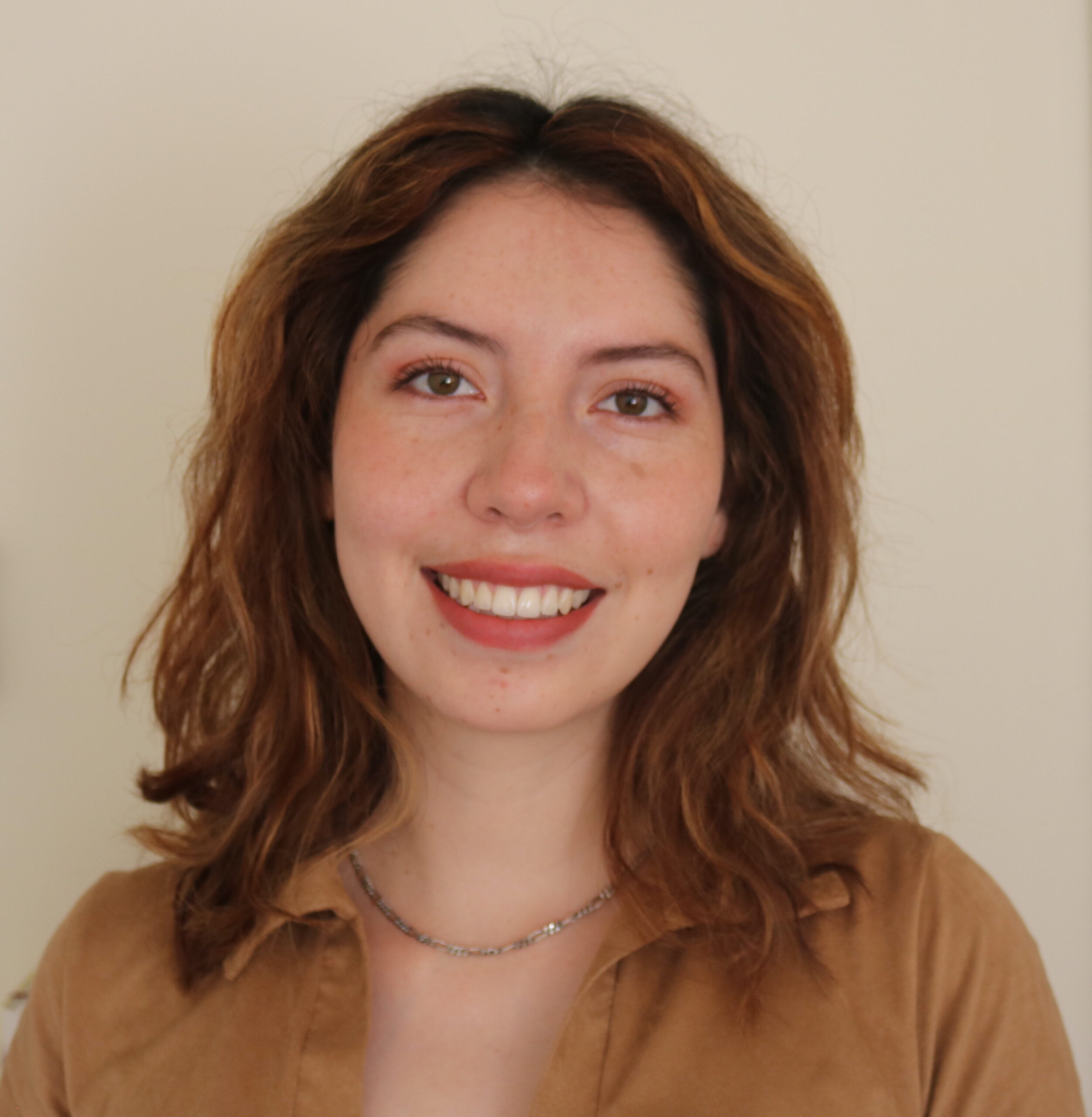 Vie Villafuerte is a second-year master’s student in environmental engineering with a concentration in environmental process engineering. She grew up in Arequipa, Peru, but found a new home in North Carolina. She is advised by Professor Morton Barlaz. She is an NC State Social Innovation Fellow and the graduate representative of the Sustainability Fund Advisory Board.
Vie Villafuerte is a second-year master’s student in environmental engineering with a concentration in environmental process engineering. She grew up in Arequipa, Peru, but found a new home in North Carolina. She is advised by Professor Morton Barlaz. She is an NC State Social Innovation Fellow and the graduate representative of the Sustainability Fund Advisory Board.
What influenced you to go into engineering?
VILLAFUERTE (V): Getting into this field came naturally to me. Growing up in a country with rich biodiversity like Peru made me fall in love with nature, but the impact of anthropogenic activities — particularly mining — on our rivers deeply affected me. It wasn’t just about polluted water: The ripple effect extended to the health of wildlife and people. As a kid flipping through TV channels, the persistent coverage of issues like the ozone layer hole and oil spills emphasized the continuous threats to our natural world. I didn’t want our biodiversity to decline because of these problems, so I was determined to help protect our environment by solving pressing environmental problems. Luckily, I enjoyed my math and science classes in school, so I was much more excited to dive into engineering.
What problem(s) are you trying to solve? Why was NC State / CCEE a good fit for you?
V: I want to solve environmental problems that deal with water contamination. I am very curious about the different pollutants that our water could have that we don’t know about that could be affecting our environment and public health. CCEE was a good fit for me for graduate studies because I had greatly enjoyed my time as an undergraduate in the department and had the opportunity to get to know the professors and research being conducted. During my undergrad, I became interested in per- and polyfluoroalkyl substances (PFAS) research, and our department is doing great work in this area, so staying for my master’s was a great decision. Having an environmental lab in Fitts-Woolard Hall is a big plus.
Where did your passion for this particular focus come from?
V: My first time learning about forever chemicals was during my junior year of college and it completely caught my attention. These chemicals are everywhere and knowing that they are found in our drinking water was very concerning. Conducting research on PFAS has given me a new interest in the area of organic contaminants in our water systems.
Where do you see yourself in five years?
V: I see myself working in environmental remediation. I would love to continue with research in an academic position, but I’m also interested in learning more about what an industry pathway looks like.
